Pelican Pedal Boat Parts Overview
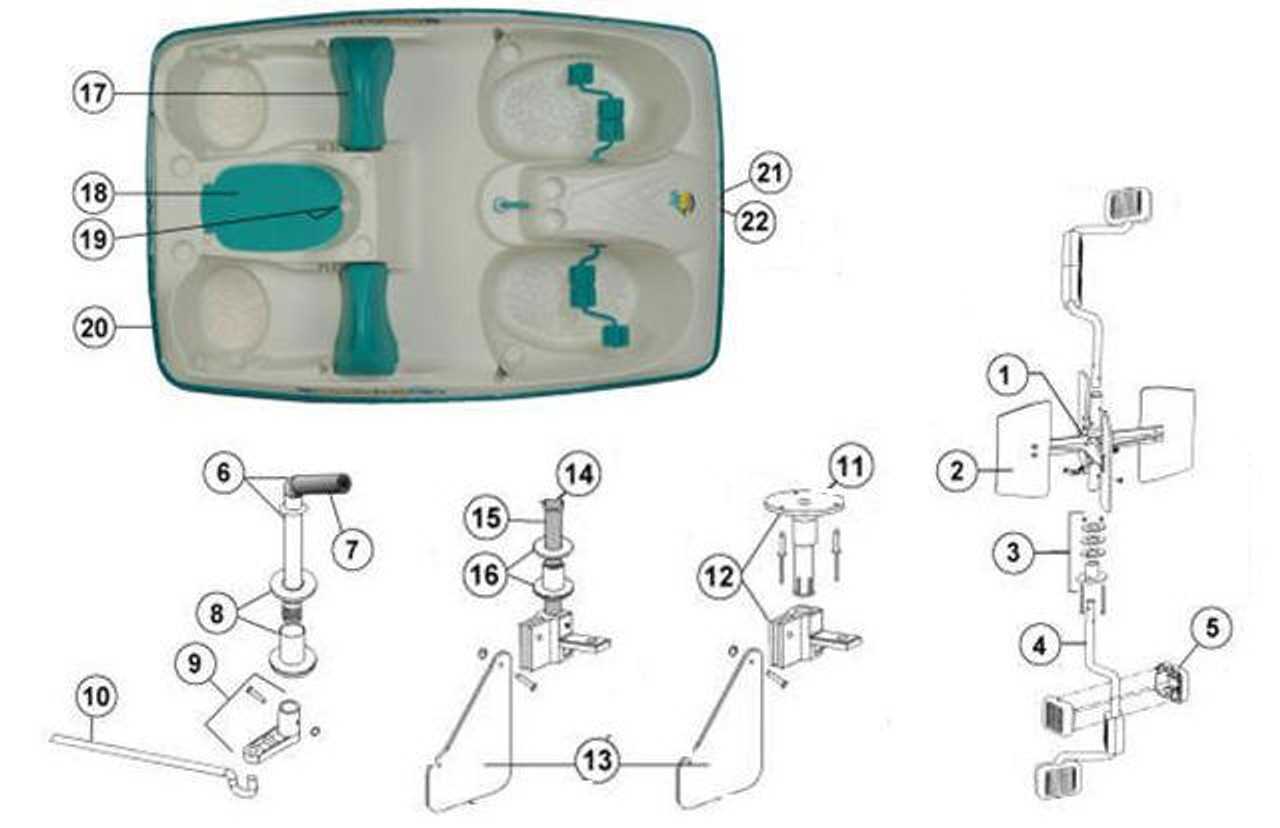
Understanding the essential elements that make up a recreational watercraft is crucial for enthusiasts and owners alike. This knowledge allows for better maintenance, repair, and overall enjoyment of the experience on the water. By exploring the various components, users can ensure their vessel operates smoothly and efficiently.
Each element serves a specific function, contributing to the overall performance and usability of the craft. Familiarity with these components not only enhances safety but also aids in troubleshooting potential issues. Moreover, having a clear visual reference can simplify the process of identifying and sourcing replacements when necessary.
Whether you are new to the activity or a seasoned user, recognizing the importance of each component will deepen your appreciation for the craft. This exploration will empower you to take informed actions regarding upkeep and modifications, ensuring a more enjoyable time on the water.
Understanding Pelican Pedal Boat Structure
This section explores the essential components and framework of a typical watercraft designed for human-powered navigation. By examining the construction and assembly, one can gain insights into its functionality and design efficiency.
Main Components
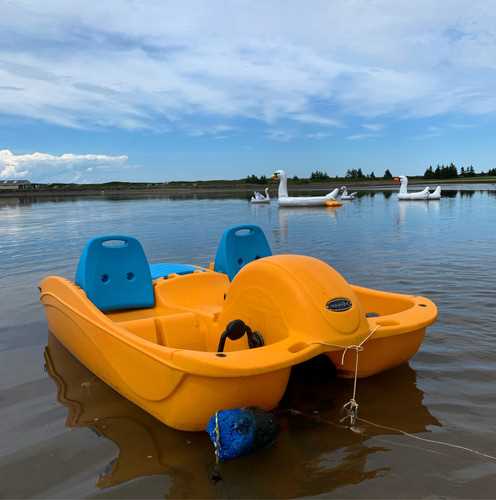
The structure consists of several key elements that work together to provide stability, propulsion, and user comfort. Each part plays a vital role in enhancing the overall experience on the water.
| Component | Description |
|---|---|
| Hull | The main body that floats and provides buoyancy. |
| Seating | Ergonomically designed spaces for occupants to sit comfortably. |
| Pedal Mechanism | System that converts leg movement into forward motion. |
| Steering System | Controls the direction of travel. |
| Safety Features | Elements designed to ensure stability and prevent capsizing. |
Importance of Design
A well-thought-out structure not only maximizes performance but also ensures safety and ease of use. Understanding these components helps users appreciate the intricacies involved in crafting an effective watercraft.
Main Components of Pedal Boats
Understanding the essential elements of these watercraft is crucial for both operation and maintenance. Each section plays a vital role in ensuring smooth navigation and stability on the water.
The primary elements include:
- Hull: The structure that provides buoyancy and stability.
- Deck: The flat surface for passengers, usually equipped with seating arrangements.
- Drive System: Mechanism that converts the motion of the rider into propulsion.
- Steering Mechanism: Enables control of direction during movement.
- Rudder: A blade that helps in directing the craft, typically located at the rear.
- Pedal Mechanism: Transfers the pedaling motion into forward movement.
- Safety Features: Includes flotation devices and other safety measures for protection.
Each of these components is designed to enhance the overall experience and functionality of the watercraft.
Identifying Key Parts in Diagrams
Understanding the components of a visual representation is essential for effective navigation and maintenance. Recognizing each element allows users to interact confidently with the equipment, enhancing overall performance and longevity. This section highlights the significance of familiarizing oneself with these crucial elements.
Common Components
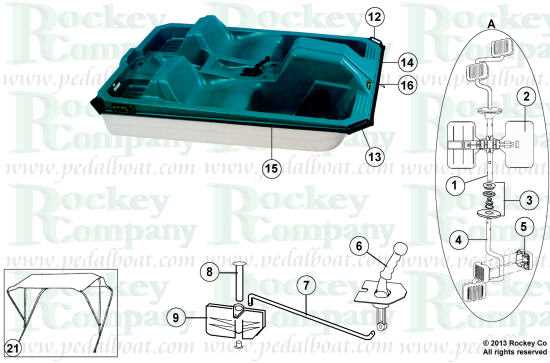
Most illustrations include fundamental sections that serve specific functions. Elements such as control mechanisms, structural supports, and propulsion systems are typically present. Identifying these components helps in troubleshooting and repairs, ensuring a smoother operation.
Usage and Maintenance Tips
Knowing how to locate and interpret each segment can facilitate regular upkeep. Proper understanding aids in recognizing wear and tear, making it easier to perform timely maintenance. Additionally, awareness of each part’s function can enhance the user’s overall experience.
Maintenance Tips for Pedal Boats
Ensuring the longevity and functionality of watercraft requires regular upkeep and attention. This involves a series of tasks that can help enhance performance and safety during use. Proper care not only extends the lifespan of the vessel but also provides a more enjoyable experience on the water.
Regular Inspections
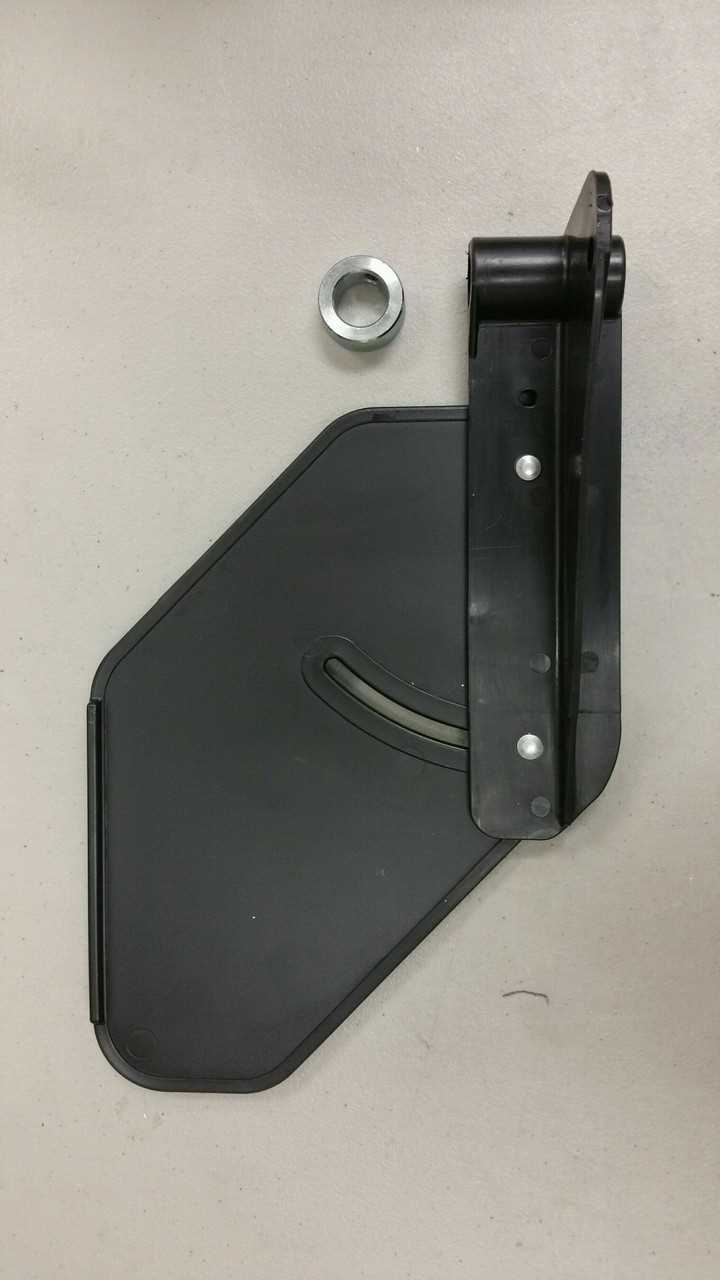
Conduct periodic checks on all components to identify signs of wear or damage. Pay special attention to the mechanical systems, as these are crucial for smooth operation. Replace any worn or broken items immediately to avoid further complications. Regular inspections can prevent minor issues from escalating into significant problems.
Cleaning and Storage
After each outing, rinse the craft with fresh water to remove salt, dirt, and debris. Storing it in a dry place will help prevent mold and mildew growth. Consider using protective covers to shield it from the elements. These simple practices will keep the vessel in top condition for future adventures.
Common Issues with Pelican Boats
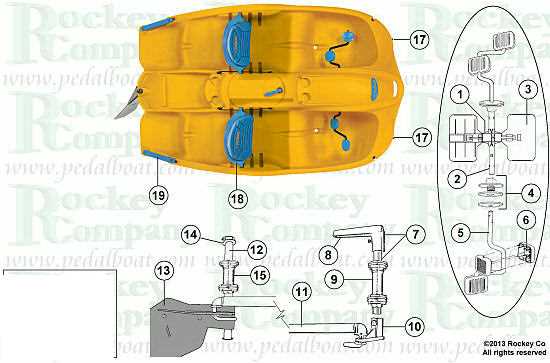
Several challenges may arise with watercraft that can impact their performance and longevity. Understanding these issues is essential for maintaining optimal functionality and ensuring a safe experience on the water.
One frequent concern involves stability. If the vessel is improperly loaded or experiences changes in weight distribution, it may become difficult to maneuver, leading to potential capsizing. Regular inspections of the hull are also crucial; cracks or wear can compromise buoyancy and safety. Additionally, mechanical failures in propulsion systems can hinder movement, necessitating prompt repairs.
Another area to watch is the seating and comfort aspects. Deterioration of cushions or instability of seating can lead to an uncomfortable experience, making it important to assess these components regularly. Lastly, environmental factors such as exposure to sunlight and water can lead to fading or degradation of materials, emphasizing the need for proper storage and care.
Repairing and Replacing Boat Parts
Maintaining watercraft is essential for ensuring a safe and enjoyable experience on the water. When components wear out or become damaged, prompt attention is crucial. This section discusses the necessary steps and considerations for restoring functionality, helping enthusiasts extend the life of their vessels.
Identifying Common Issues
Recognizing typical problems is the first step in effective maintenance. Look for signs of wear, such as cracks, rust, or unusual noises. Regular inspections can help pinpoint issues before they escalate, allowing for timely repairs.
Steps for Effective Replacement
When it’s time to replace a component, follow a systematic approach. Begin by gathering the necessary tools and new parts. Carefully remove the damaged item, taking care not to harm surrounding areas. Install the new piece according to the manufacturer’s guidelines, ensuring everything is secure before testing the vessel.
Safety Features of Pedal Boats
Ensuring the security of users while navigating on the water is crucial for any vessel. Various mechanisms and designs are implemented to enhance the protection of those aboard. Understanding these elements helps users to enjoy their experience with confidence.
Buoyancy and Stability
One of the primary aspects of safety is the vessel’s inherent buoyancy. This feature ensures that it remains afloat even when taking on water. Additionally, a wide and stable base minimizes the risk of capsizing, allowing passengers to feel secure during their excursion.
Reflective Elements and Safety Gear
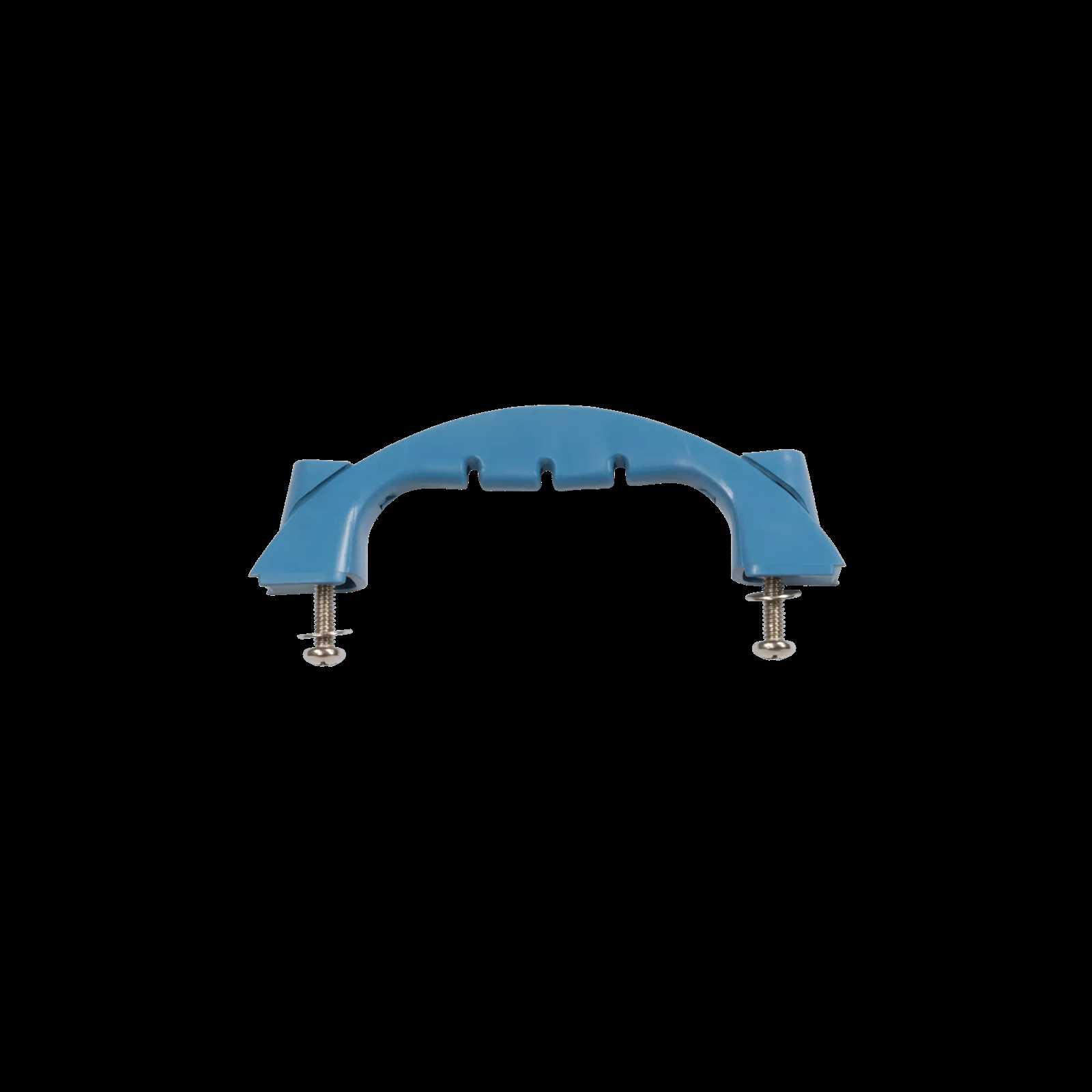
Incorporating reflective surfaces or colors enhances visibility, making it easier for other watercraft to spot the vessel. Furthermore, equipping users with essential safety gear, such as life vests, is critical in emergencies. These elements contribute to a safer overall experience on the water.
Choosing the Right Accessories
Selecting appropriate add-ons is crucial for enhancing your outdoor experience. The right equipment can significantly improve functionality, safety, and enjoyment. Whether you’re planning a leisurely outing or a more adventurous expedition, considering various accessories will ensure a smoother and more pleasurable time on the water.
| Accessory Type | Purpose | Benefits |
|---|---|---|
| Life Jackets | Safety gear | Ensures buoyancy and protection |
| Storage Baskets | Organizing items | Keeps essentials secure and accessible |
| Sunshade | Weather protection | Shields from harmful UV rays |
| Anchor | Stability | Prevents drifting in currents |
Best Practices for Boat Storage

Proper maintenance and effective storage are crucial for prolonging the lifespan of aquatic vessels. Adopting the right techniques ensures protection from environmental elements and potential damage. Here are essential strategies to consider.
- Clean Thoroughly: Before storage, wash the exterior and interior to remove dirt, salt, and grime.
- Dry Completely: Ensure all areas are dry to prevent mold and mildew growth during storage.
- Cover Adequately: Use a breathable cover to protect against dust and moisture while allowing ventilation.
When storing indoors, follow these recommendations:
- Choose a Suitable Location: Select a dry, climate-controlled space to shield from extreme temperatures.
- Elevate Off the Ground: Use a rack or platform to keep the vessel elevated, reducing the risk of moisture accumulation.
- Inspect Regularly: Periodically check for signs of wear, pests, or leaks to address any issues promptly.
For outdoor storage, consider the following tips:
- Position Strategically: Place the vessel in a shaded area to minimize sun exposure and UV damage.
- Secure Against Winds: Anchor or tie down to prevent movement or potential damage from strong gusts.
- Remove Accessories: Take out any removable components to prevent theft or damage during the off-season.
Enhancing Performance with Upgrades
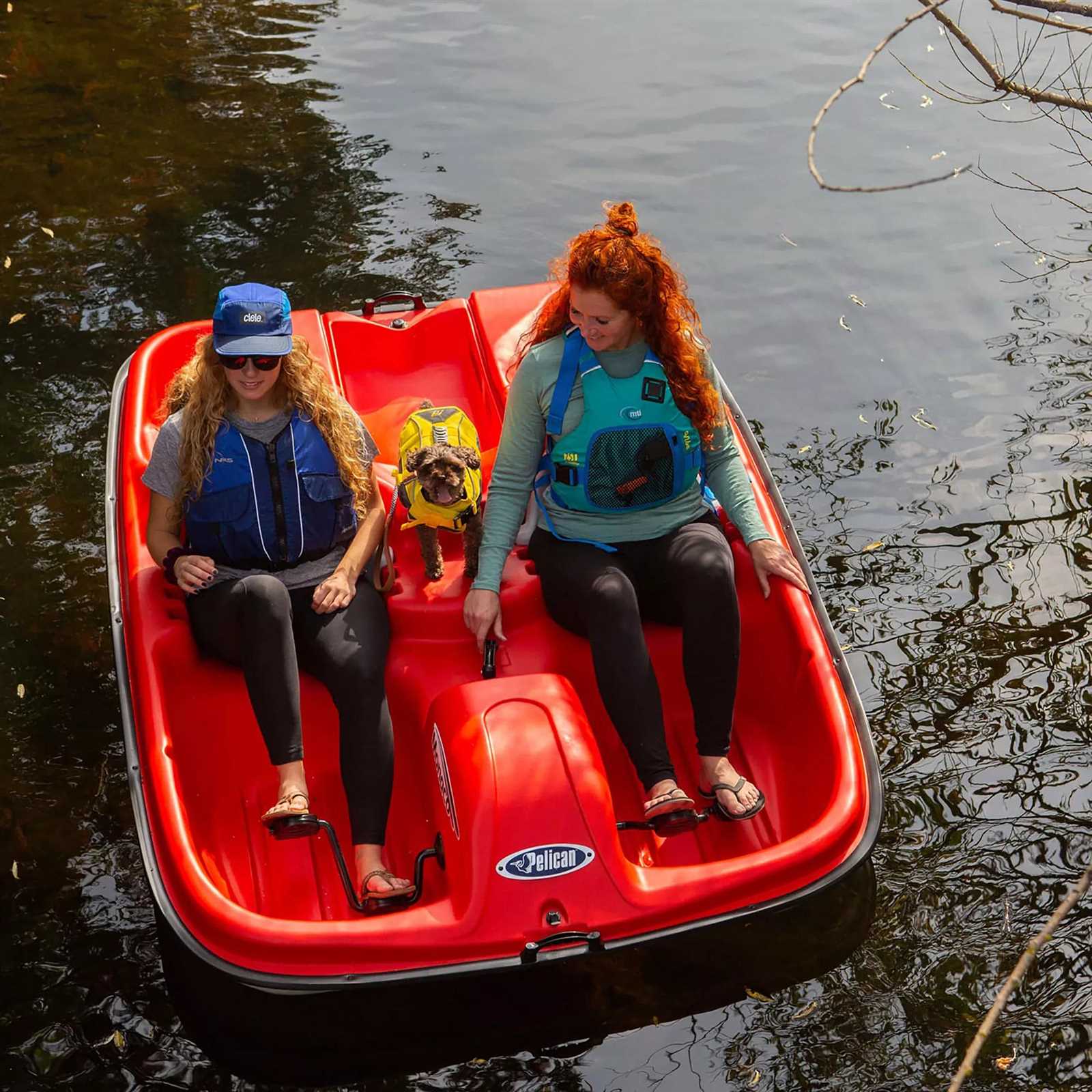
Improving the efficiency and functionality of your watercraft can significantly enhance your overall experience on the water. By investing in specific enhancements, you can achieve better maneuverability, increased speed, and greater stability. These upgrades not only contribute to performance but also ensure a more enjoyable and safe outing.
Types of Upgrades
Consider various modifications such as optimized drive systems, lightweight materials, or improved seating designs. Each of these upgrades can impact how your vessel performs in different water conditions. For example, switching to a more efficient propulsion mechanism can lead to faster speeds while reducing fatigue.
Maintenance and Care
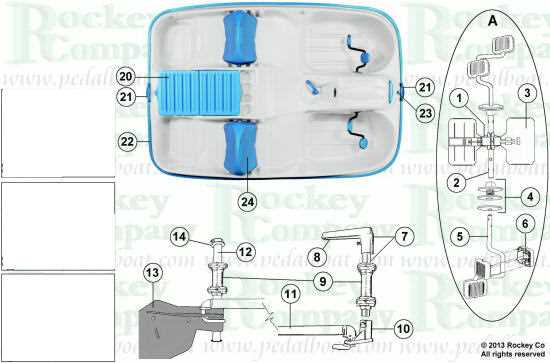
Regular upkeep is essential for maximizing performance. Ensuring that all components are clean and well-lubricated can prevent unnecessary wear and tear. Routine inspections can help identify potential issues early, allowing for timely repairs that keep your equipment in top condition.
Investing in upgrades is a smart way to enhance your aquatic adventures. With the right modifications and proper maintenance, your time on the water can be more fulfilling and exciting.